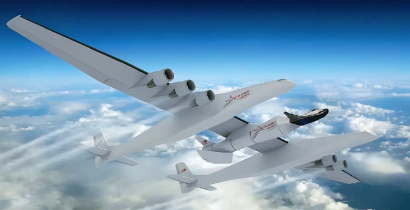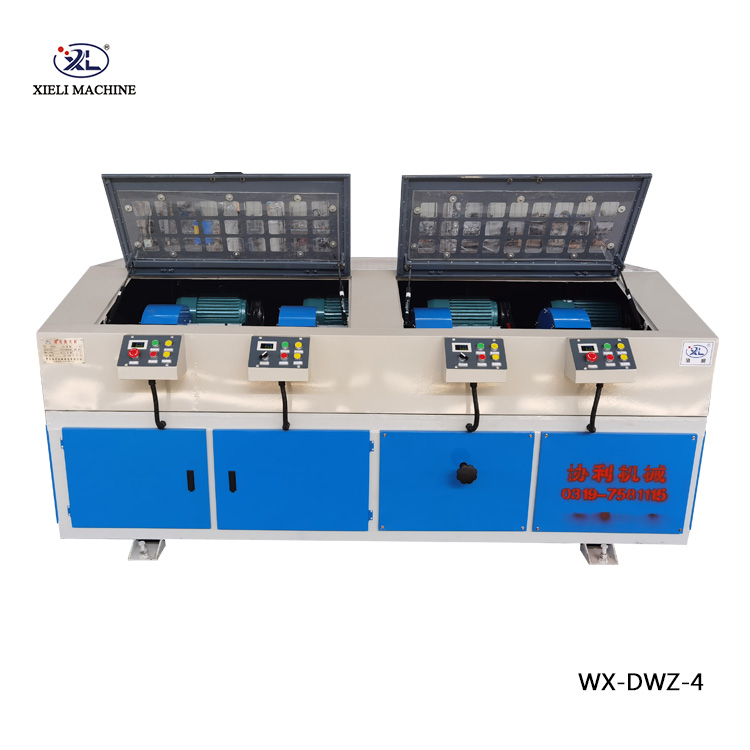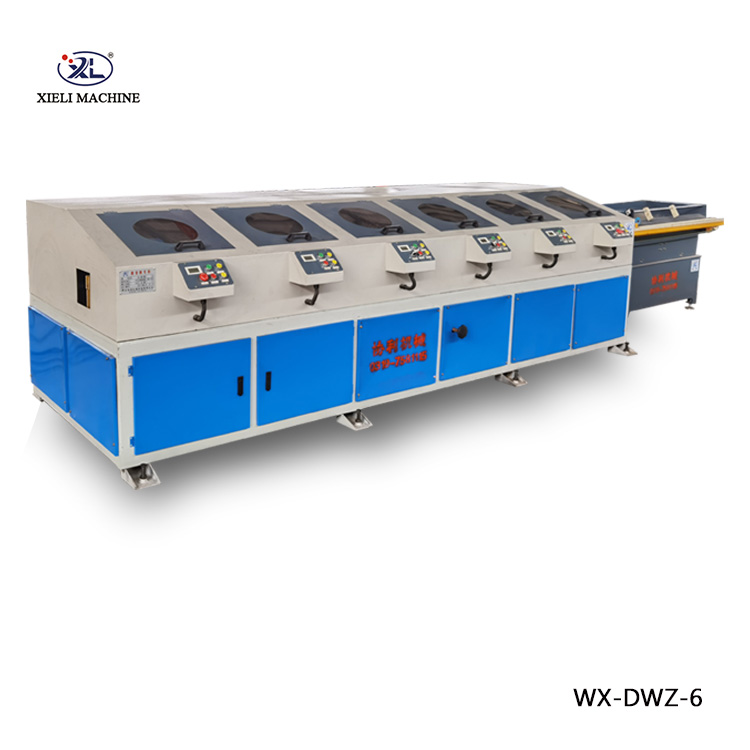Understanding Centerless Grinding Machine Parts
Centerless grinding is an essential process in the manufacturing industry, known for its efficiency and precision. Unlike conventional grinding machines, which rely on a fixed axis, centerless grinding allows workpieces to be processed, providing a unique advantage. This article explores the key parts of a centerless grinding machine and their functions.
1. Bed
The bed of a centerless grinding machine is a robust, foundational component that supports all other parts. It provides stability and rigidity during the grinding process, allowing for high precision and accuracy. Typically made from strong cast iron or similar materials, the bed helps absorb vibrations, which can negatively affect the finish and dimensional accuracy of the workpiece.
2. Regulating Wheel
One of the most critical components is the regulating wheel. Positioned at a slight angle, this wheel controls the rotation and feed rate of the workpiece. It ensures that the part being ground is held firmly and advances through the grinding zone at a consistent rate. By adjusting the speed of the regulating wheel, operators can influence the grinding process, achieving the desired surface finish and dimensional tolerances.
The grinding wheel is another vital part of the machine. It is located opposite the regulating wheel and is responsible for removing material from the workpiece. Typically made from abrasive materials, grinding wheels come in various sizes and shapes to suit different applications. The choice of wheel affects everything from the surface finish to the rate of material removal, making it crucial for operators to select the right wheel for their specific machining needs.
centerless grinding machine parts

4. Work Rest Blade
The work rest blade is a stationary component that supports the workpiece as it moves through the grinding process. Positioned between the regulating wheel and the grinding wheel, it ensures that the workpiece remains in the correct position for uniform grinding. Proper adjustment of the work rest blade is essential to avoid workpiece elongation or distortion during the grinding operation.
5. Power Supply and Hydraulic System
A centerless grinding machine relies heavily on its power supply and hydraulic systems. The power supply drives the motors that turn the grinding and regulating wheels, while the hydraulic system is responsible for maintaining pressure and controlling the movements of various machine parts. Together, these systems ensure smooth operation and high productivity.
6. Control Panel
Modern centerless grinding machines are equipped with sophisticated control panels that allow operators to monitor and adjust various parameters. They could include controls for speed, feed rate, and grinding depth. Advanced models may feature touchscreen interfaces and programmable settings to enhance user experience and ease of operation.
Conclusion
Understanding the parts of a centerless grinding machine is crucial for operators and engineers involved in precision manufacturing. Each component plays a vital role in achieving the desired results, from the bed that provides stability to the wheels that execute the grinding. As technology continues to advance, these machines are becoming even more efficient and versatile, solidifying their place in modern manufacturing processes.





